Affluent countries contribute less to wildlife conservation than the rest of the world
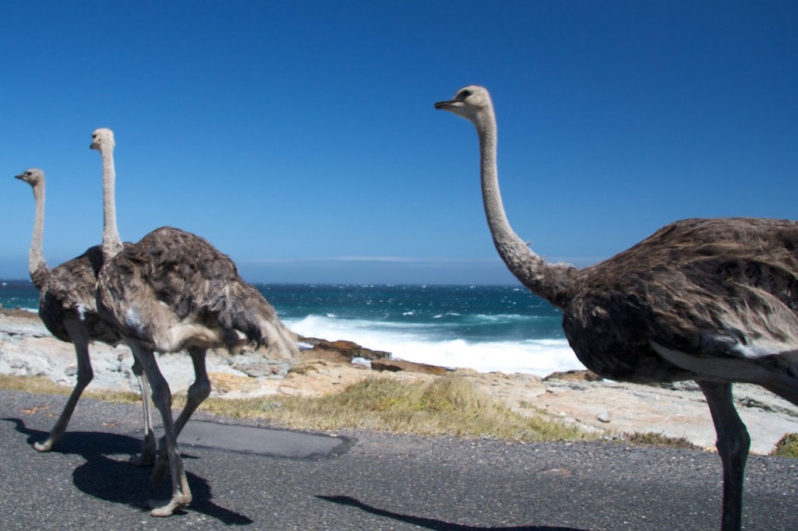
A new research collaboration has found that, despite facing a number of domestic challenges, such as poverty and political instability in many parts of the continent, Africa was found to prioritise wildlife preservation, and contribute more to conservation than any other region of the world. African countries made up four of the five top-performing mega-fauna conservation nations…
Caribbean Scientists Work to Limit Climate Impact on Marine Environment
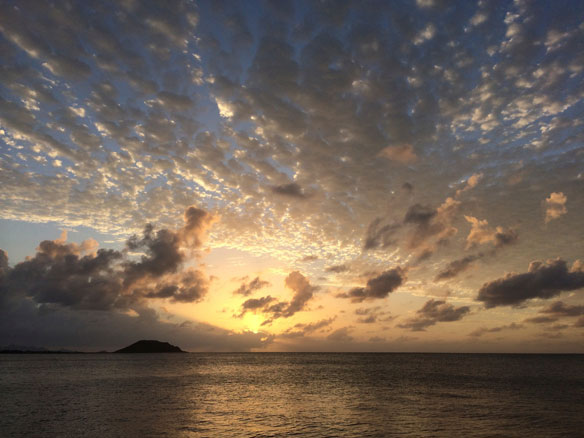
Caribbean scientists say fishermen are already seeing the effects of climate change, so for a dozen or so years they’ve been designing systems and strategies to reduce the impacts on the industry.
U.S. Study Shows Widening Disconnect with Nature, and Potential Solutions
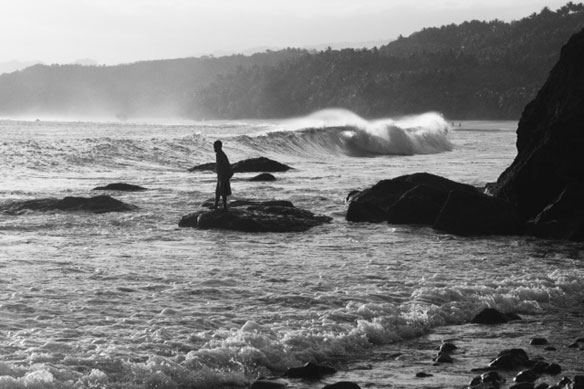
A survey of 12,000 adults and children in the United States has shown that many people have lost a close connection with nature, although a wide cross-section of respondents expressed a desire to close that gap.
Mapping the World’s Ocean Ecosystems
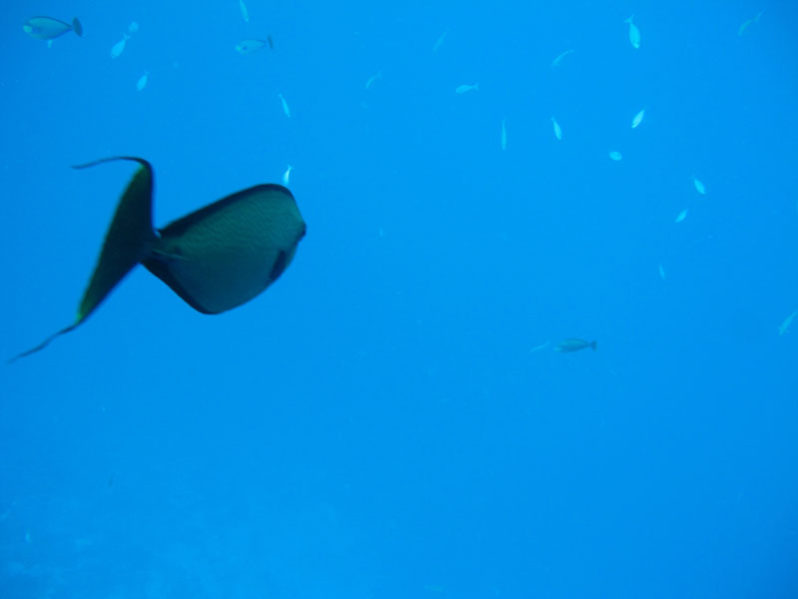
To meet the need for a consistent, objective, and complete description of open-ocean environments, the USGS formed a public-private partnership with ESRI, NOAA, academia, and non-profit organizations to produce the first ever detailed maps that group the entire global ocean into 37 distinct 3D ecosystems.
How Singapore is creating more land for itself
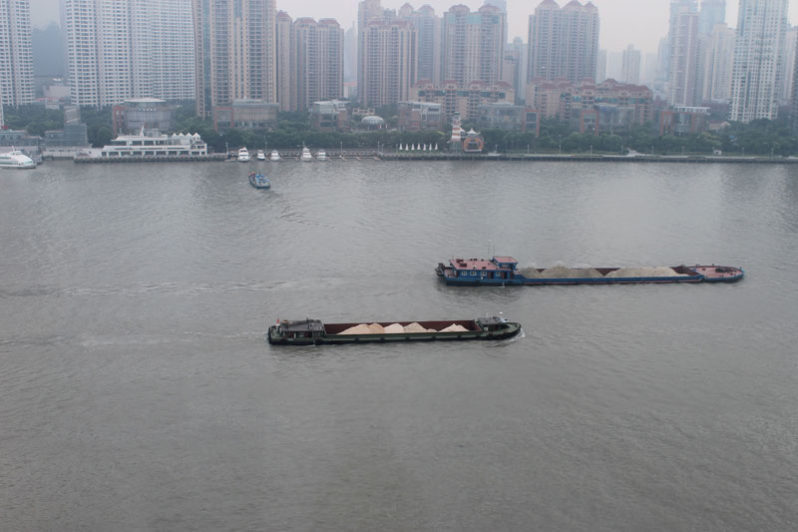
The island off the southern tip of Malaysia reveals the future of building in an epoch of dwindling territory.
Protecting Clipperton Island – The Most Remote Atoll on the Planet
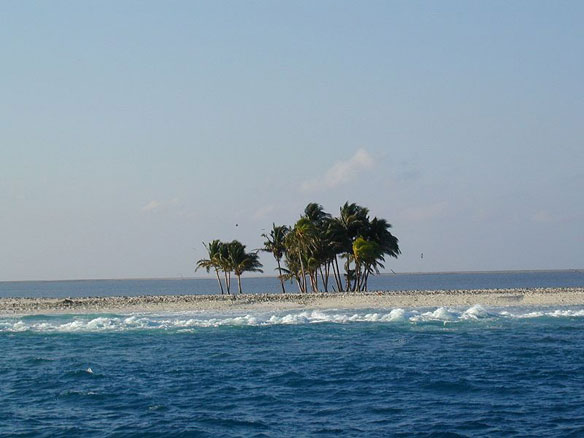
Though this French overseas territory is now considered a marine protected area, it still faces threats from overfishing, with sharks and other large marine life nearly vanishing.
Easter Island

This remote volcanic island has intrigued generations of scholars. Famed for its monolithic statues, Easter Island is shrouded in mystery. Its population, once sizable, collapsed.
Warmer Oceans Increase Likelihood Of Toxic Shellfish, Study Finds
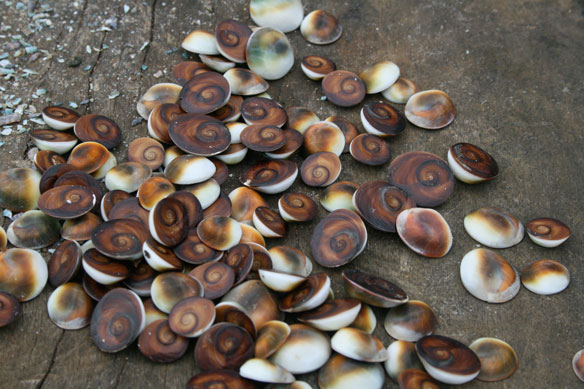
According to a study published in the Proceedings of the National Academy of Sciences, domoic acid may become more prevalent as oceans warm, threatening birds and humans alike.
Proposed Maine bill could lead to beach erosion
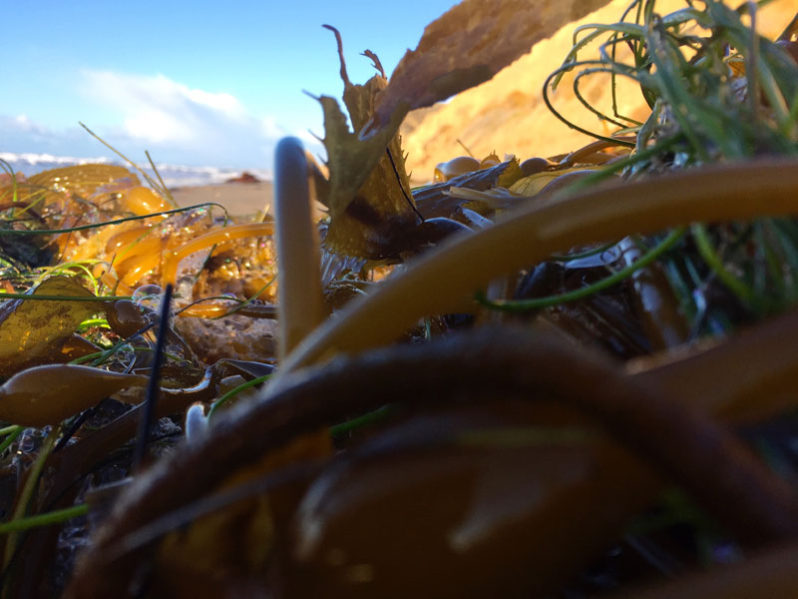
A proposed bill allowing towns to bypass state permitting and decide for themselves when to remove ‘large’ amounts of seaweed, will lead towns to unwitingly destabilize their beaches, with grave consequences for the town’s beach and their beach goers – less sand, erosion, and a beach barren of life.
